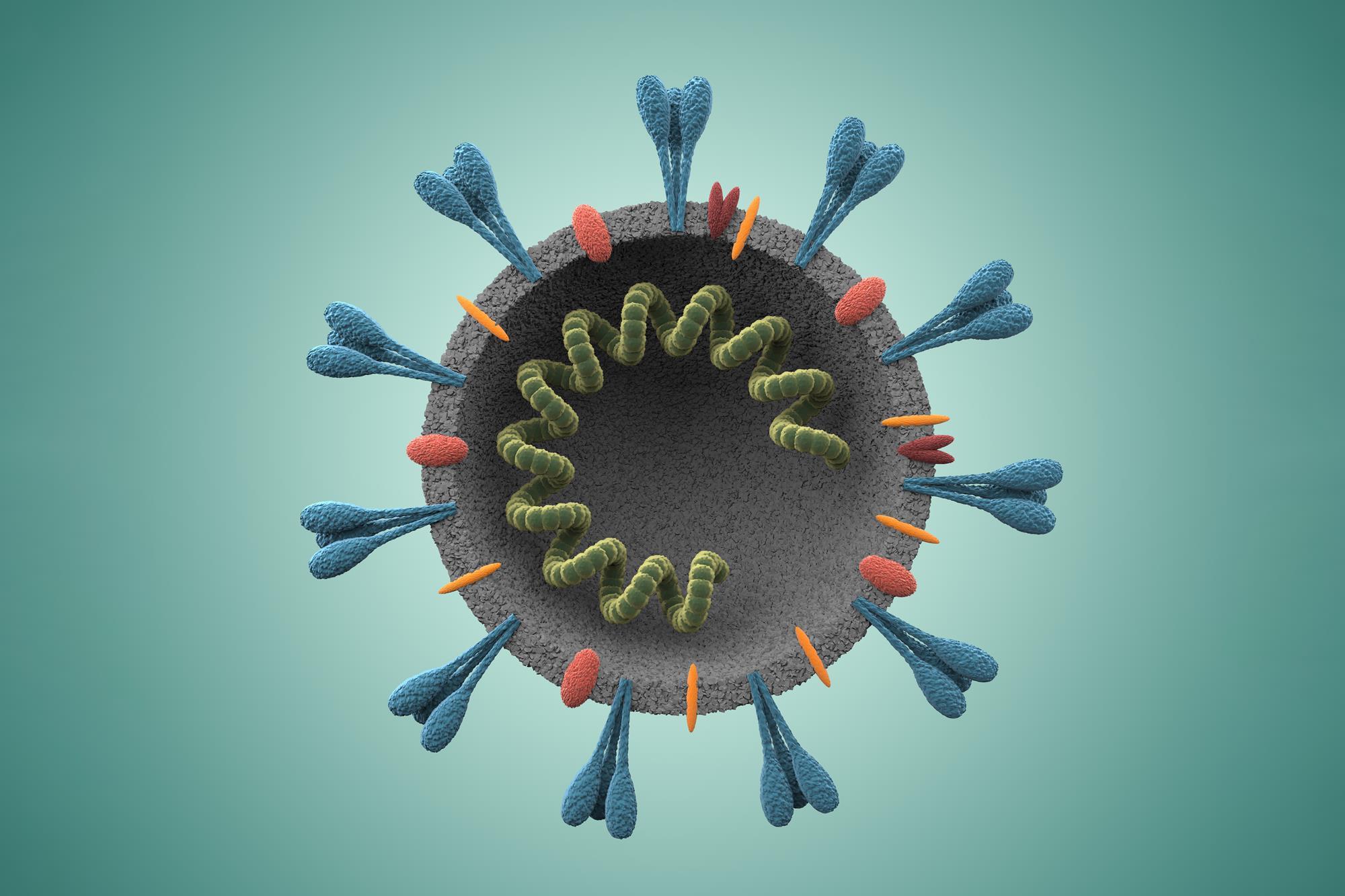
The UK government revealed its stockpile of coronavirus (COVID-19) treatments on Monday, having recently secured 90 million doses of potential vaccines.
Britain’s fresh agreement with Germany’s BioNTech and the Bill Gates-backed Pfizer netted 30 million doses of their joint mRNA vaccine, a first for any world government. The two companies joined forces in March to fast-track development.
[Read: A look at the $17 billion stock portfolio of the Bill and Melinda Gates Foundation]
French biotech company Valneva will provide 60 million doses of their “inactivated whole virus” vaccine. The UK has the option to purchase a further 40 million doses if it proves to be “safe, effective, and suitable.”
The UK even acquired one million doses of a treatment containing COVID-19-neutralising antibodies produced by British-Swedish pharma outfit AstraZeneca. These are intended for those unable to receive the other vaccines, such as cancer and immunocompromised patients.
Last month, Hard Fork reported Gates‘ foundation had given $750 million to AstraZeneca to fund the manufacturing and distribution of 300 million doses of another one of its potential treatments, the AZD1222 vaccine. The UK is already scheduled to receive 100 million AZD1222 doses.
“As a result of these partnerships, England, Scotland, Wales and Northern Ireland could have access to enough doses to vaccinate and protect priority groups identified, such as frontline health and social care workers and those at increased health risk,” reads the associated government press release.
Investors have so far reacted positively to the news. US-listed BioNTech and Pfizer are respectively up 6.5% and 3.25% during pre-market trade. Over in Europe, Valneva is up more than 12%, and AstraZeneca has risen 2.5%.
Stock movements aside, now that the UK is armed with three different types of potential COVID-19 treatments, the government is now calling for volunteers to join future studies through its new vaccine research registry.
The UK aims to get 500,000 people signed up by October, a goal it considers “vital in the fight against coronavirus.”
Published July 20, 2020 — 10:46 UTC
